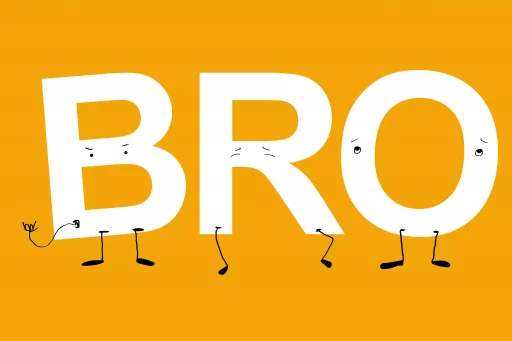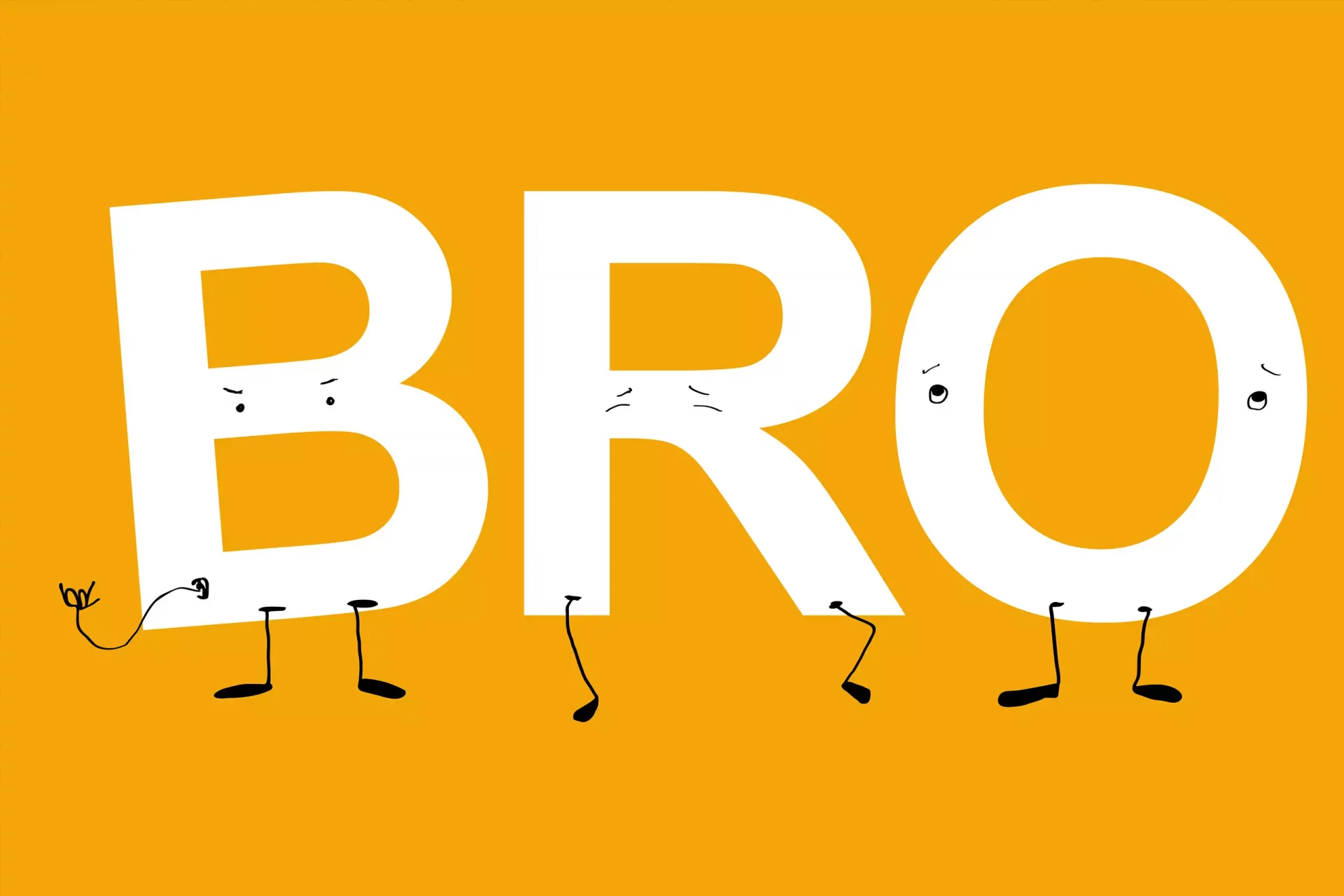Introduction
Modern English, especially when used informally, is packed full of colorful and evolving slang expressions. One such colloquialism that is gaining popularity in common vernacular, particularly among younger crowds and in internet language, is ‘bet’. Understanding slang is key to keeping up with contemporary conversation and pop culture. Let’s dive into the meaning, origin, and usage of ‘bet’ in slang context.
The Meaning of ‘Bet’ in Slang
To ‘bet’ in traditional English usually means to wager or risk something on the outcome at stake. However, in the world of slang, its meaning shifts dramatically. When someone responds with the term ‘bet’, it’s often used as an affirmation, similar to saying ‘sure’, ‘okay’, or ‘you got it’. It’s an agreement or a confirmation to a statement or a question. For instance, if someone says, ‘Meet me at the park at 6’, responding with ‘bet’ would mean ‘Sure, I will meet you’.
Origin of ‘Bet’ as Slang
‘Bet’, as a slang term, penetrated mainstream language primarily through Black Vernacular English, and its popularity has surged due to internet culture and especially the influence of social media platforms. However, the exact origin of this term and how it gained its current meaning remains vague. The best guess puts its emergence somewhere around the mid-2010s.
Usage: How and When to Use ‘Bet’
Being a casual language form, ‘bet’ is primarily used in informal settings such as social hangouts, text messages, or social media platforms. Here are some examples
- Friend A: ‘Do you want to catch a movie later?’
Friend B: ‘Bet, what time?’ - ‘Can you pick up some snacks on your way over?’
‘Bet.’
While the term has gained widespread acceptance, it’s important to remember it’s largely part of young, informal English. As such, it may not be understood or appropriate in more formal, professional, or academic settings.
Conclusion
The term ‘bet’ is a fascinating example of how language evolves and how pop culture shapes our vernacular. While its meaning significantly deviates from traditional English, it serves as a testament to how colorful and transformative our language can be.






